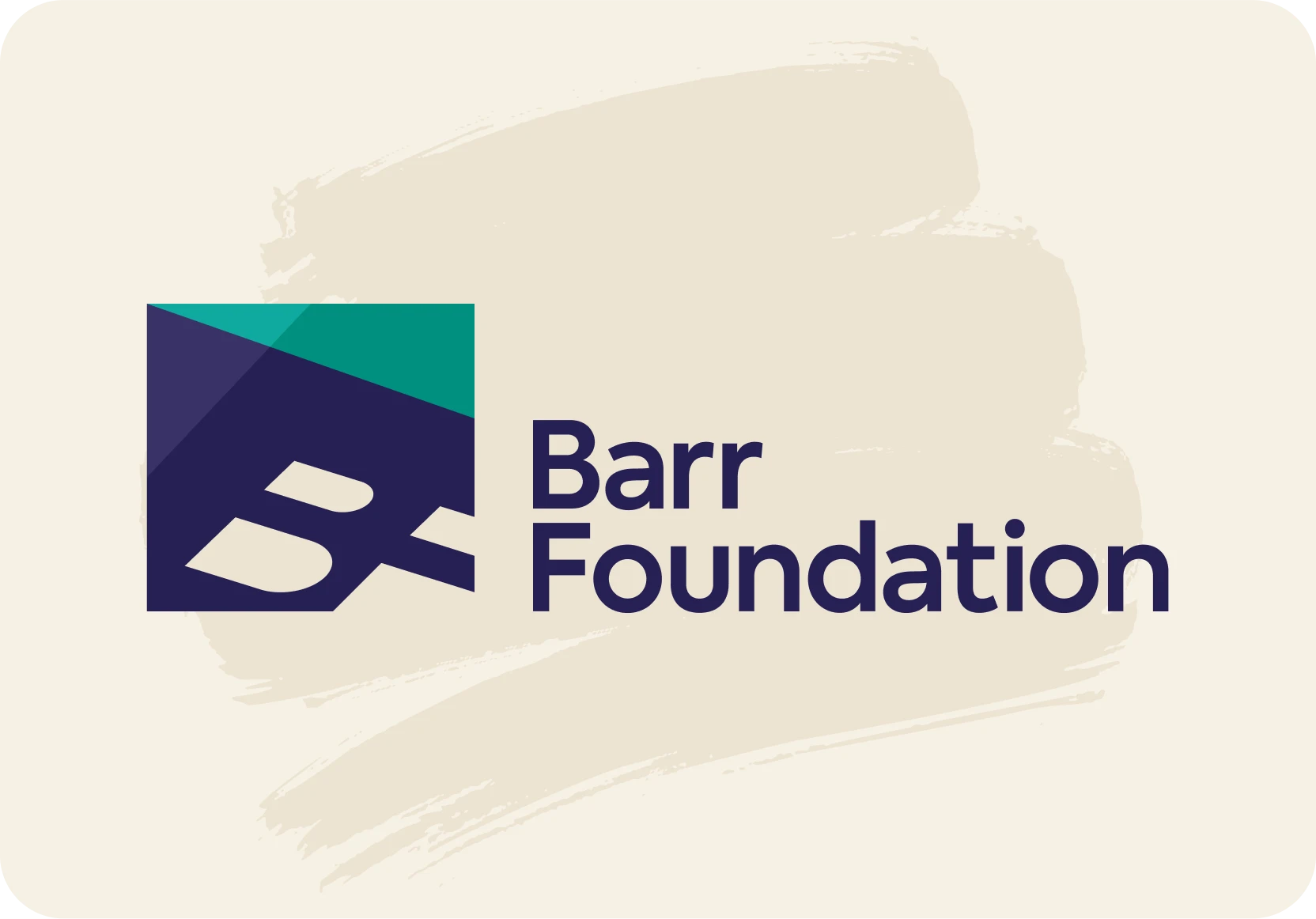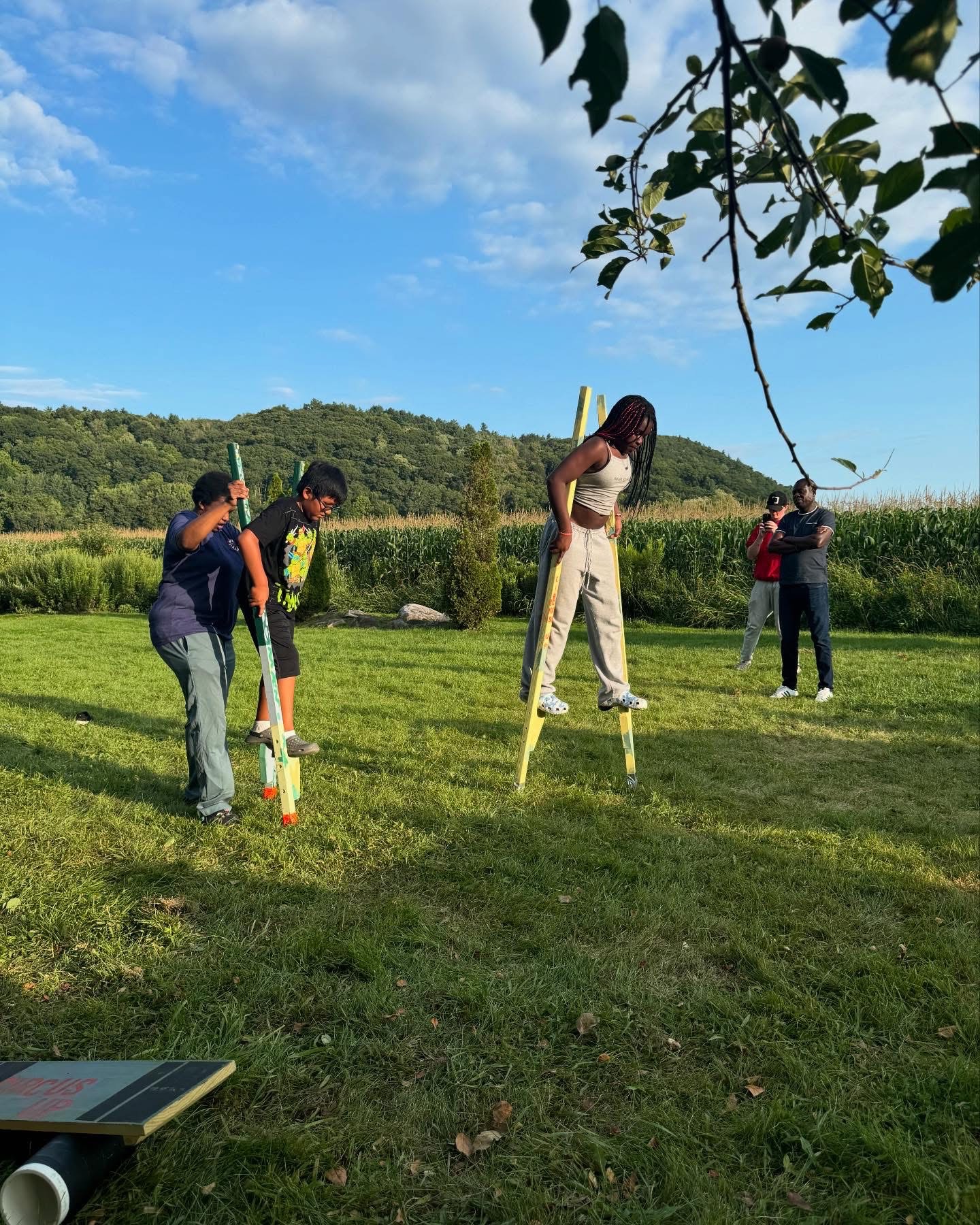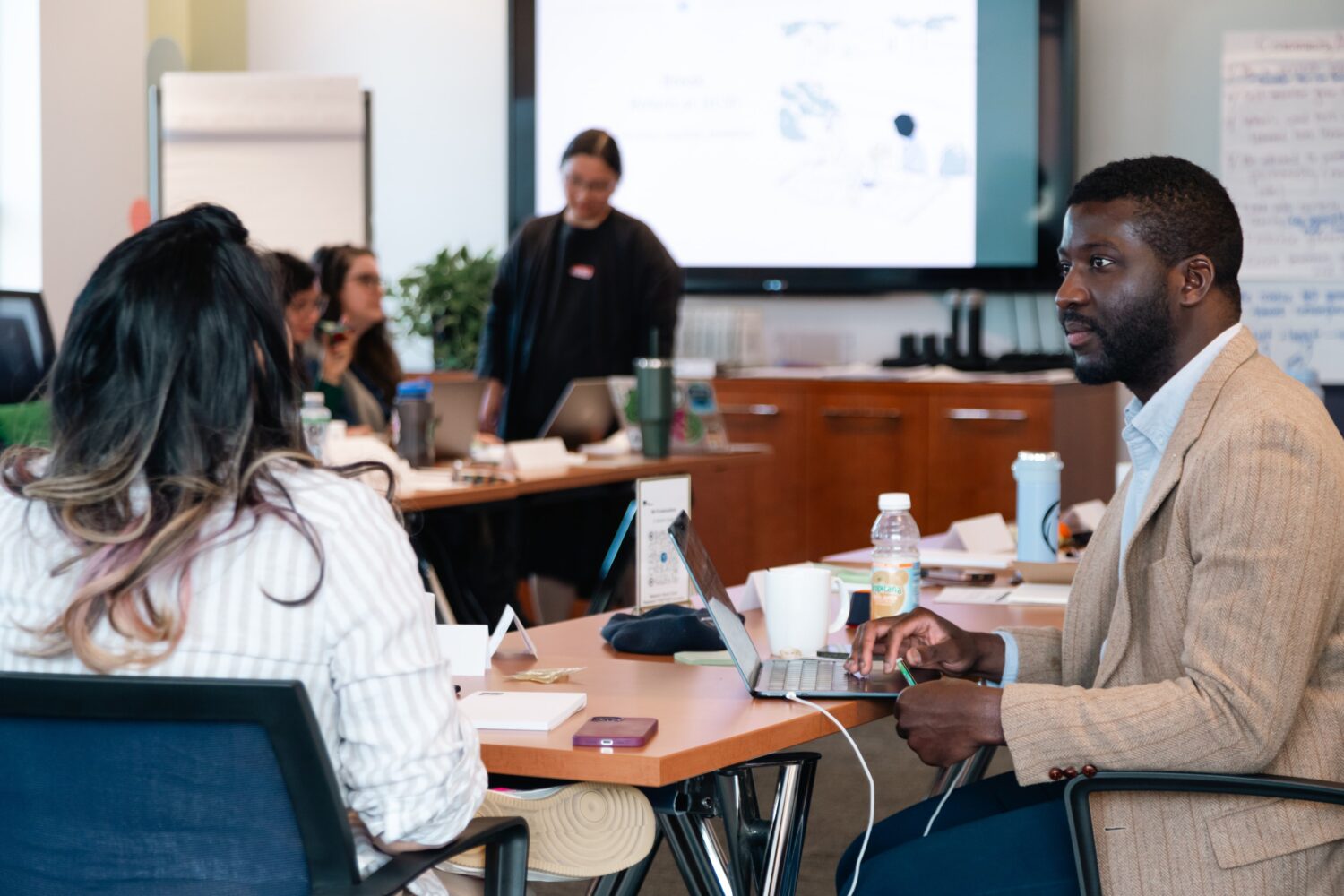At its meeting on March 8, the Barr Foundation’s Board of Trustees approved the first set of grants for 2017, advancing strategic priorities announced one year ago. We invite you to explore all grants awarded this quarter through our online grants database and to learn more about our partners. Below we highlight several new and continuing partnerships.
In Climate, Barr awarded 17 grants totaling nearly $12.5 million. In Clean Energy, a $3-million grant to The Energy Foundation will renew a partnership to advance clean energy across the U.S. Northeast, established last year with the release of Barr’s new strategic directions. The Energy Foundation will build on momentum behind energy efficiency and renewable energy policies, play a central role in keeping the U.S. on track to meet its Paris Agreement commitment, and foster support for accelerated action. In Mobility, a $4.5-million grant to the Transportation for Massachusetts Coalition (T4MA) will support a two-year campaign with grassroots and institutional organizing to advance policies that modernize the transportation network, add capacity within MassDOT, and transition the Commonwealth’s transit system to one that is low-carbon. In Climate Preparedness, a $250,000 grant to Boston Harbor Now will support technical assistance for communities developing local climate resilience plans, as prioritized in the City’s Climate Ready Boston initiative, expected to include district-scale flood protection, infrastructure adaptation, and land-use planning. Boston Harbor Now will also provide expertise to support zoning and building regulation updates that prepare for future climate conditions.
In Arts & Creativity, Barr awarded two grants totaling $180,000. With a $130,000 grant, the Peabody Essex Museum (PEM) will apply neuroscience principles to art museum experiences—testing the theory that transformative art experiences can literally change one’s brain and how one experiences the world. This is an opportunity to develop workable strategies by connecting PEM staff with scientist advisors, building on research the Museum has already conducted. In “How to Get the Brain to Like Art,” The New York Times looks into PEM’s neuroscience efforts that offer visitors an “enhanced sense of exploration and discovery.”
In Education, Barr awarded seven grants totaling $6.3 million. Recognizing that 21st-century students require new competencies to persist in postsecondary and career environments—and the need for new school models and programs that support student development of these competencies—a $500,000 grant to Transcend will help advance its Learning Agenda. This project tackles the toughest, most unresolved questions facing the development and expansion of new school models. Transcend is a key research and development engine that disseminates actionable knowledge for the field to design, develop, and scale breakthrough school models in partnership with communities. A $600,000 grant to the Springfield Empowerment Zone Partnership (SEZP) will support redesign planning and partnerships for the High School of Commerce, one of the lowest-performing high schools in Springfield.
In Cross-Program Initiatives, Barr awarded four grants totaling more than $1 million. A $600,000 grant to the Institute for Nonprofit Practice (INP) will support a multi-year growth plan to deepen program quality and expand its New England reach. INP is a proven partner in closing the skill and diversity gap in nonprofit management.
Barr also awarded $400,000 in core support to Boston Harbor Now, a key partner in the Foundation’s special initiative to realize a great public realm throughout Boston’s waterfront.




